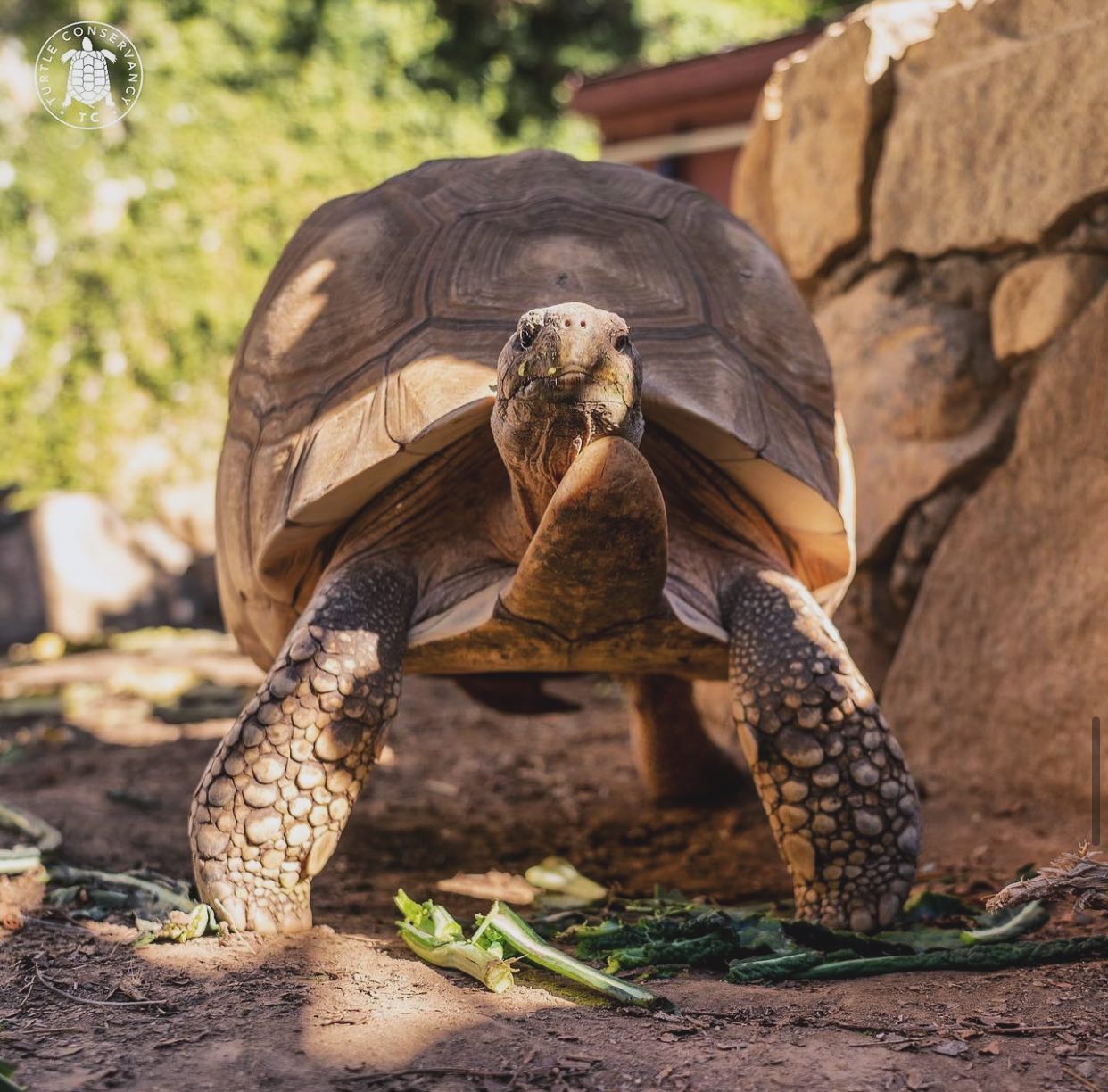– The Ploughshare Tortoise’s rarity and conservation status
– The illegal wildlife trafficking market’s impact on Ploughshare Tortoises
– Strategies and global efforts to rescue and rehabilitate the species
– The role of captive breeding programs in species survival
– The broader implications of the Ploughshare Tortoise conservation for global biodiversity
The Ploughshare Tortoise, with its high-domed, golden shell and tranquil demeanor, is one of the rarest tortoises in the world and one of the most threatened by human activities. Scientifically known as Astrochelys anaphoras, this species is endemic to Madagascar and faces an uphill battle for survival. With its wild population dwindling to critical numbers, the Ploughshare Tortoise exemplifies the dire circumstances many of the planet’s unique creatures face due to poaching and habitat loss.
Poaching remains the most direct and immediate threat to the Ploughshare Tortoise. Unscrupulous hunters are driven by the lucrative black market for exotic pets and curios. In the shadows of the illegal wildlife trade, the demand for these tortoises escalates their value disproportionately, providing a strong, albeit illicit, incentive for poachers. Juvenile tortoises are snatched and traded for several thousand dollars, while mature specimens, prized for their more pronounced and attractive shell patterns, can fetch sums in the tens of thousands.
The trafficking of Ploughshare Tortoises is a grim example of how human greed directly endangers species. This trade is not only illegal but highly secretive, operating through complex international networks that are challenging to dismantle. Given the discreet nature of animal trafficking, the exact numbers of Ploughshare Tortoises taken from the wild are difficult to ascertain, further complicating conservation efforts.
A multifaceted approach is essential to combat the poaching crisis and create a sustainable future for the Ploughshare Tortoise. Strategies include intensifying law enforcement efforts to disrupt trade networks; education campaigns targeted at potential buyers to reduce demand, and community involvement in conservation in the tortoise’s native habitat. Thorough training of customs officials at key ports and airports can also increase the likelihood of intercepting illegal wildlife shipments, including Ploughshare Tortoises.
Another crucial aspect of the battle to save the Ploughshare Tortoise is the recalling and repatriating of illegally obtained individuals from private collections. This often challenging process requires international cooperation and strict adherence to wildlife treaties like the Convention on International Trade in Endangered Species of Wild Fauna and Flora (CITES). Retrieving and integrating these animals into reputable breeding programs is essential for maintaining genetic diversity and increasing the population through carefully managed reproduction.
Captive breeding programs serve as modern arks for the Ploughshare Tortoise. They are vital not only for replenishing the species’ numbers but also for research purposes. These programs provide a controlled setting to study the tortoises’ behavior, physiology, and breeding patterns – information pivotal for successful wild reintroduction.
Such facilities must meet stringent criteria to simulate the tortoises’ natural environment. This includes replicating the temperature, humidity, and diet of the species’ native habitat in Madagascar. Also, a keen understanding of the species’ social structure helps to manage captive populations effectively. A successful breeding program is defined by its ability to produce healthy offspring that can survive in captivity and after release into protected natural areas.
However, to secure the future of the Ploughshare Tortoise, it is not enough to focus on the immediate challenges. Conservationists must take a holistic view that incorporates habitat protection and restoration. Since the survival of these tortoises is intrinsically tied to the health of their environment, efforts such as establishing nature reserves and promoting sustainable agricultural practices around critical habitats are indispensable.
Moreover, public education is pivotal in fostering a culture that values wildlife. By raising awareness of the Ploughshare Tortoise’s plight and its ecological importance, the tide of opinion can turn against the illegal pet trade. Educational initiatives can emphasize the intrinsic value of biodiversity and humans’ ethical responsibilities towards other species with whom they share the planet.
The broader implications of the Ploughshare Tortoise’s story extend beyond the species itself. It serves as a poignant reminder that losing any species diminishes global biodiversity. Each extinction represents a thread pulled from the tapestry of life, with potential cascading effects on ecosystems. Therefore, conserving the Ploughshare Tortoise is not just about saving a single species but preserving the intricate balance of life on Earth.
The path to saving the Ploughshare Tortoise is fraught with challenges, but the collective effort of conservationists, governments, local communities, and international organizations offers hope. With relentless commitment and adaptive strategies, the dream of restoring stable populations of Ploughshare Tortoises to the wild is within reach. As one of the planet’s most precious living gems, the Ploughshare Tortoise is a beacon for conserving the world’s turtles and tortoises and the broader fight for wildlife conservation.
*****
Source Description
The beautiful Ploughshare Tortoise is one of the rarest animals on Earth and one of the most sought after by poachers, fetching black market prices ranging from a few thousand dollars for juveniles to tens of thousands for adults. Saving this species is truly a global challenge! The immediate goals are to stop poaching, reclaim animals from illegal collections, and place them in accredited captive breeding programs. We believe in a brighter future for them and all turtles & tortoises!

